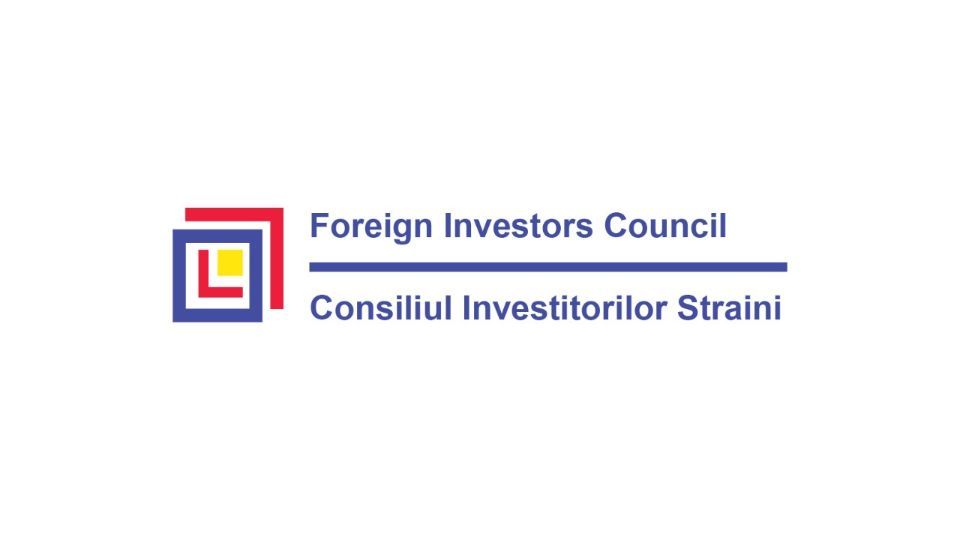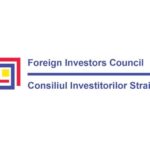Daniel Anghel, FIC: “ANAF reform and digitalization remain vital for fiscal consolidation”

Since 2019, Romania has been in a complicated budgetary context and a balanced approach from the authorities is needed to ensure the assumed deficit for 2024. Private investments can make a significant contribution to economic recovery, and a constant dialogue between authorities and investors is necessary to set strategic directions for the economy.
FIC members support the strategic, medium- and long-term approach to key areas, as is the case with the fiscal regime, which must be analyzed from the perspective of the results recorded at the level of collection and the contribution to the state budget, but also economic development and the identification of those elements that must be adjusted and to find sustainable solutions.
The Foreign Investors Council (FIC) has continued the dialogue with the Ministry of Finance by organizing an event dedicated to fiscal strategy that brought together half of the presidents and financial directors of the FIC member companies with the Minister of Finance, Mr. Marcel Bolos and his team from the Ministry of Finance and the National Agency for Fiscal Administration (ANAF).
During the event, investors raised questions regarding the sustainability of the state budget, tax reform, digitalization of ANAF and the implementation of electronic reporting systems, the impact of measures adopted last year, measures to support large investments and to stimulate innovation, research and development, developments in international financial markets and dialogue with rating agencies, and the financing of the health system. The Minister and his team answered all questions and emphasized the importance of monthly technical discussions with FIC representatives. The Minister of Finance also confirmed that no new taxes will be introduced in 2024, as well as no increases to the existing ones, and that supporting large investments through state aid schemes is one of the priorities for the Ministry.
“The situation of public finances remains fragile and generates concern that the budget deficit target for this year risks not being reached. The efforts for fiscal consolidation are essential for the perception of investors and for the fulfillment of the conditionalities in the PNRR and implicitly for attracting European funds through this mechanism. As a result, it is very important to see if the measures taken, in this case the fiscal package entered into force this year, have the expected results and what are the future fiscal policies. If the fiscal package does not reach its objective, the business environment can expect other fiscal decisions. However, the reduction of the deficit should be achieved through a mix of measures that also target the area of budget expenditures and, above all, fiscal administration in order to obtain a greater collection of existing taxes. From this perspective, we argue that ANAF reform and digitization remain vital for fiscal consolidation. At the same time, a predictable and stable fiscal framework is necessary for the business environment to make investments with an impact on the economy and, obviously, for the revenues to the state budget. As we have constantly stated, FIC supports the predictability and transparency of public policies, and these meetings with representatives of the Ministry of Finance are essential for promoting dialogue with the business environment.” stated the President of FIC, Daniel Anghel.
The presidents and financial leaders of FIC members, together with the representatives of the ministry, agreed that in order to ensure the sustainability of the state budget, it is necessary to support investments with a high added value, to improve collection by modernizing the entire ANAF architecture and streamlining and prioritizing public service administration expenditure. It is also important that the business environment is part of the debates on tax reform, and that the principles of the new system are based on predictability, fairness, adjustment of imbalances, clarity, and reduction of gray areas.
FIC and Ministry of Finance representatives concluded that the partnership between the FIC and the Ministry will continue in April with technical discussions regarding tax reform and the digitalization of ANAF.















